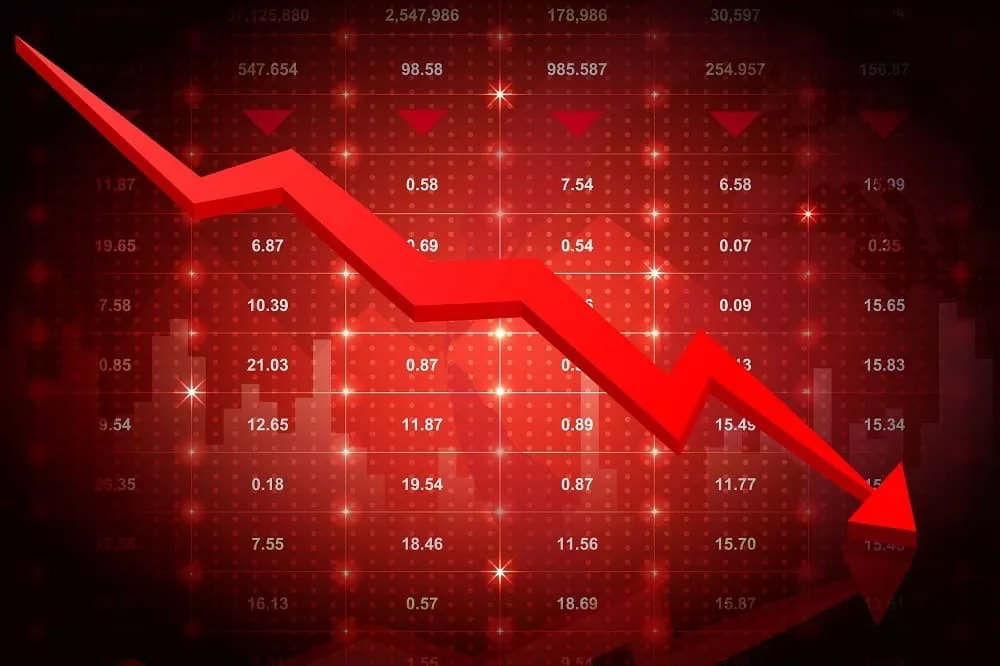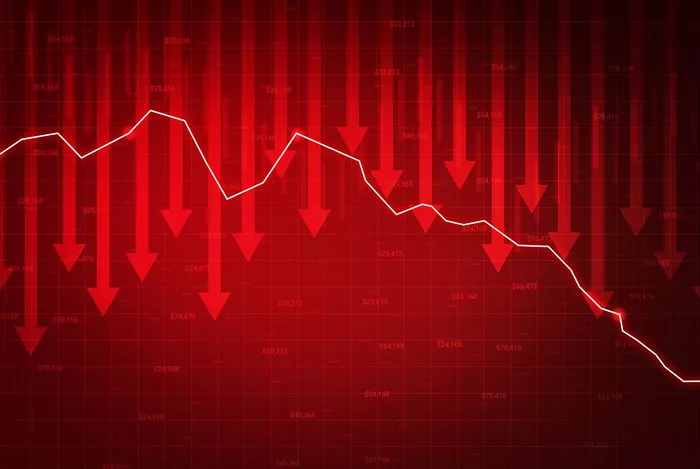As Trump’s protectionist trade policies escalate, consumers in other countries are beginning to boycott American products and restrict travel, a trend that could weigh on U.S. economic growth.
In a report released Monday, Goldman Sachs estimated that foreign boycotts could cause gross domestic product to fall by 0.1% to 0.3% in 2025, a drop of $28 billion to $83 billion based on current growth expectations of $27.7 trillion.
Goldman’s economics team, led by Jan Hatzius, cited a recent YouGov survey, saying “most reports of consumer product boycotts have been focused on Canada, where 53% of consumers claim to have started some form of boycott. We expect to see particularly large declines in U.S. alcohol sales in Canada, as most provincial alcohol monopolies have removed U.S. products from their shelves.”
Last month, Lawson Whiting, CEO of Brown-Forman (BF-A, BF-B), the maker of Jack Daniel’s, said Canada’s decision to remove U.S.-made spirits from its shelves was “worse than tariffs because it actually takes away your sales.” The executive categorized the move as a “disproportionate response” to the Trump administration’s 25% tariffs.
The U.S. has announced an escalation of tariffs in recent weeks, with more on the way. President Trump has pledged to impose reciprocal tariffs on all U.S. trading partners as early as Wednesday, which he called “Liberation Day.” Trump also plans to impose a 25% tariff on all foreign-made cars this week.
Goldman said those comments, along with a more aggressive stance toward historical allies, hurt global perceptions of U.S. companies and the country as a whole.
Certain brands with close ties to Trump, such as Tesla (TSLA), saw the biggest declines in favorability and purchase intent, the firm added. But the bigger problem is the decline in the number of tourists to the U.S., which accounts for 0.7% of U.S. gross domestic product, especially from the European Union and Canada, who spend about $50 billion in the country each year.
Foreign visitor numbers at the 12 largest U.S. airports fell 11% year-on-year, while U.S. returnees rose 5% over the same period, Goldman said, using an analysis of Customs and Border Protection data through March 25.
As the headline data revealed, some companies are starting to sound certain warnings.
Air Canada (AC.TO), the Canadian airline with the most flights to the U.S., said at its annual shareholder meeting on Monday that demand for travel between the U.S. and Canada was particularly weak, echoing an industrywide trend in which passenger bookings on Canada-U.S. routes fell 70% year-on-year.
Air Canada said that as of mid-March, cross-border flight bookings for April to September were down 10% compared with the same period last year.
“Am I worried? Yes,” Air Canada Chairman Vagn Sorensen said in response to a question at the conference. “Of course, I am worried.”
Meanwhile, the CEO of European hotel group Accor, which operates the Plaza Hotel in New York, told Bloomberg TV on Tuesday that tourists “are deciding to change their destinations and go to Canada instead of the U.S., South America or Egypt.”
Flight bookings from Europe to the U.S. this summer are down 25%, a “pretty strong deceleration,” he added.
Overall, U.S. economic growth is expected to be weighed down, “besides the direct negative impact of tariffs and the drag on exports from foreign retaliation, which are already factored into our U.S. GDP forecasts, there is another reason why U.S. GDP growth in 2025 could be lower than consensus expectations,” Goldman said.
In recent weeks, Goldman has joined a number of Wall Street firms, including JPMorgan Chase & Co. and Morgan Stanley, in lowering their economic growth targets, citing the expected impact of trade restrictions. Goldman Sachs expects US GDP growth to fall to 1.7% in 2025 from 2.4% previously.
Related topics:
























